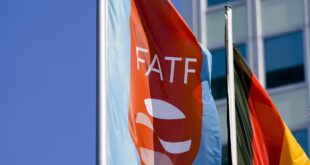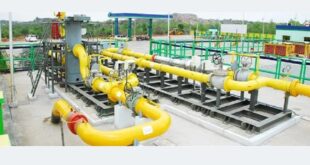- A testy exchange in the Rajya Sabha between the Minister of State for Rural Development, Sadhvi Niranjan Jyoti, and the Trinamool Congress MP, Jawhar Sircar, on the withholding of funds for the Mahatma Gandhi National Rural Employment Guarantee Scheme (MGNREGS) in West Bengal laid bare a key implementation issue — wage delays.
- A report by the non-profit organisation LibTech India found that ₹2,744 crore was still due to workers for work done since December 26, 2021. The delay in the payment, which is contrary to what is stated in Section 3 of the NREG Act, has resulted in a drop in the number of households working under the scheme in the State — from 77 lakh during the pandemic years to 16 lakh in the current financial year.
- The current number falls short of the 49.25 lakh households which availed the scheme in the last pre-COVID-19 year as well. The Union Government in its response suggested that funds have been blocked only in West Bengal for “non-compliance with the directives of the Central government” and this pertains to prior fund misuse, but the Trinamool Congress government’s response is legitimate.
- The State has answered queries related to the misuse and the blocking of funds to workers; the fact that misuse has reportedly covered only a fraction of the grants suggests that workers are being unduly punished.
- Wage delays have been a chronic problem with MGNREGS, which, beyond being a form of insurance for the poorest rural households, was a boon during the pandemic years, giving succour not only to such households but also to migrant workers from urban areas as alternative employment.
- Earlier this year, the delays in funds disbursal to the States were on account of procedural delays and an overhauling of the Public Financial Management System (Finance Ministry).
- This should not be a problem if the Union government sets aside adequate funds at the beginning of the financial year. While an emphasis on reducing misuse is necessary — in particular, ensuring that the scheme is put into use by actually undertaking public works — the misplaced reliance on technocratic approaches has stymied its implementation.
- The Government has now made digital capture of MGNREGS attendance mandatory at work sites, despite issues such as the lack of technical support, the necessity to own a smartphone, and workable Internet connections at the sites not having been fully resolved.
- A scheme such as MGNREGS needs to evolve while keeping its core idea of a demand-driven work allocation intact. Treating it as a burden will only hurt genuine beneficiaries.
SOURCE: THE HINDU, THE ECONOMIC TIMES, PIB
 Chinmaya IAS Academy – Current Affairs Chinmaya IAS Academy – Current Affairs
Chinmaya IAS Academy – Current Affairs Chinmaya IAS Academy – Current Affairs



